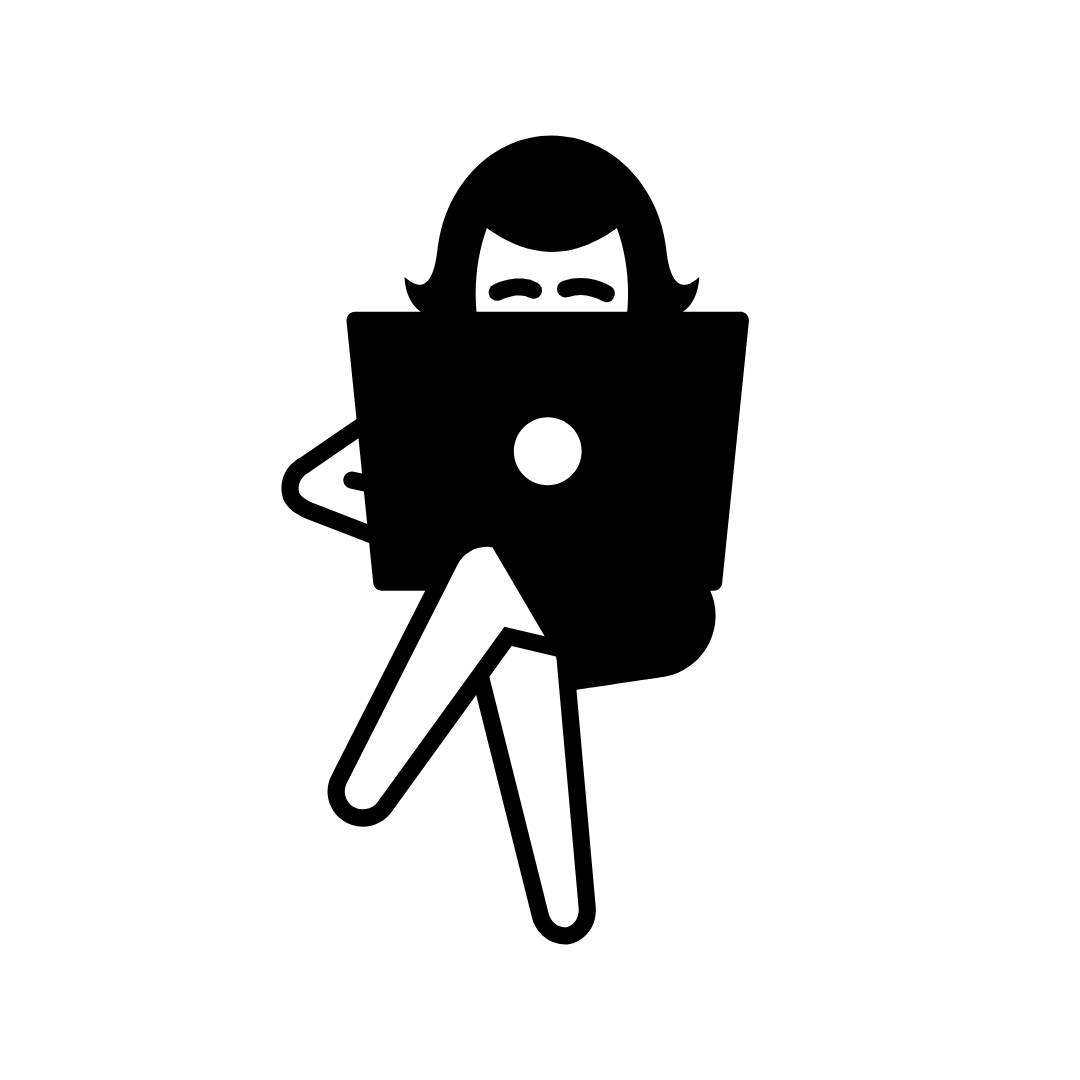kody-dahl-536047-unsplash.jpg
Cognitivism
Dates
1936: Jean Piaget publishes his Theory of Cognitive Development.
1948: Edward Tolman publishes Cognitive maps in rats and men.
1967: Ulric Neisser publishes Cognitive Psychology.
1968: Richard C. Atkinson and Richard M. Shiffrin publish Human Memory: A Proposed System and it’s Control Processes.
1985: Robert Gagne publishes The Conditions of Learning.
Key researchers
Jean Piaget, Swiss Psychologist & Biologist
Edward Tolman, American Psychologist
Ulric Neisser, German Psychologist
Richard C. Atkinson, American Psychologist
Richard M. Shiffrin, American Psychologist
Robert Gagne, American Educator
Connection to learning
In Cognitivism, learning is a mental process that redefines prior knowledge.
The learner is an information processor. His mind (black box) determines how new information (input) is processed into new and updated knowledge (output).
Schema & Gestalt Theory: Knowledge is a schema (representation) and building block. Learning is the remodelling of these interependent blocks.
Example scenario
Take a digital quiz targeting ELL learners, featuring texts, audio files and video clips presented along questions, gap-fills and sequencing exercises to evaluate the ability to comprehend English.
Prior to working with the quiz, learners are in a state of equilibrium, defined as a balanced, satisfied state of mind start in which understanding reigns. To create a state of disequilibrium, which is an unbalanced state of mind that creates the opportunity for learning, the first slide of the quiz introduces a shortlist of new vocabulary items. On the following slides, the same items are offered in variations such as a puzzle, a memory game or flashcards. By completing each of these exercises, existing knowledge schemata are remodelled and new schemata are rehearsed. The new information (vocabulary knowledge) is transferred from sensory memory via short-term memory to long-term memory, just as described in Atkinson and Shiffrin’s Multistore Model of Memory.
In accordance with Gagne’s Nine Stages of Learning, the educator begins by drawing the learner’s attention to the quiz. The quiz is presented in class, along with the learning objective: to learn new vocabulary items. As the responses are graded (by percentage, colours and points), and the observed evaluation result is shared, a stimulus for learning is provided. An initional Q & A session tied to selected example slides provides guidance and evokes response. Learners are encouraged to communicate and cooperate in completing each exercise. Peer and instructor feedback during and after quiz completion is used to reinforce learning as well as assess learning performance. Once learners have completed the quiz, a discussion is used to draw suitable generalizations as to verb conjugation and use of tenses.
Additional resources
Catherine H Flippen. (2012). Cognitivism. Retrieved June 11, 2019 from https://edtechtheory.weebly.com/cognitivism.html
Kendra Cherry. (May 20, 2019). The Four Stages of Cognitive Development. Retrieved June 11, 2019 from https://www.verywellmind.com/piagets-stages-of-cognitive-development-2795457
Mind Tools. (n.d.). Gagne’s Nine Levels of Learning. Retrieved June 11, 2019 from https://www.mindtools.com/pages/article/gagne.htm

